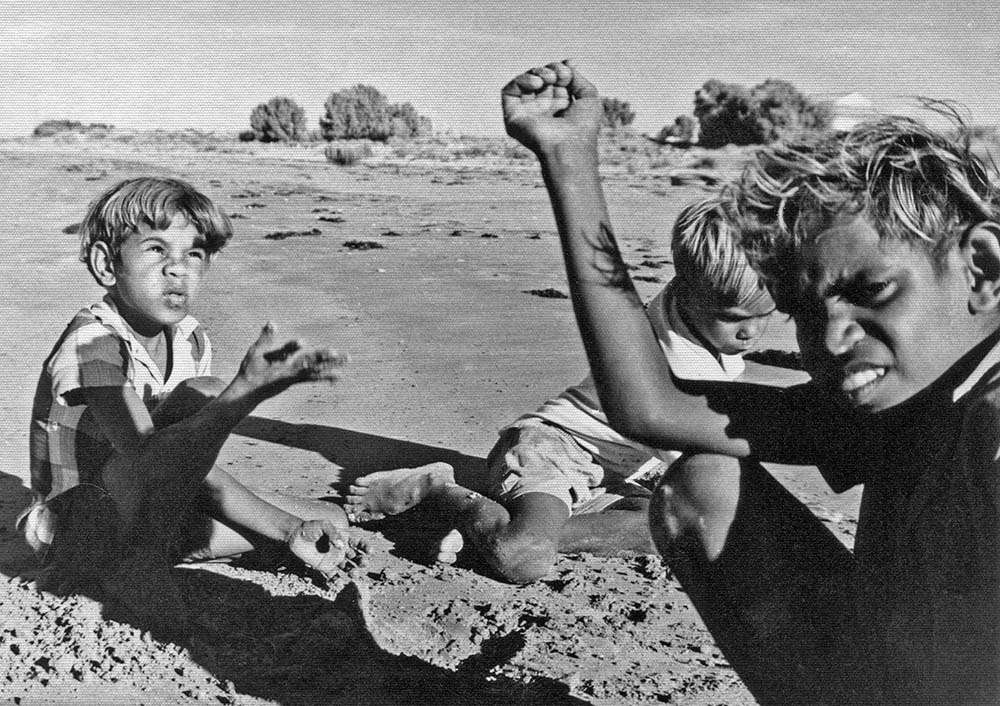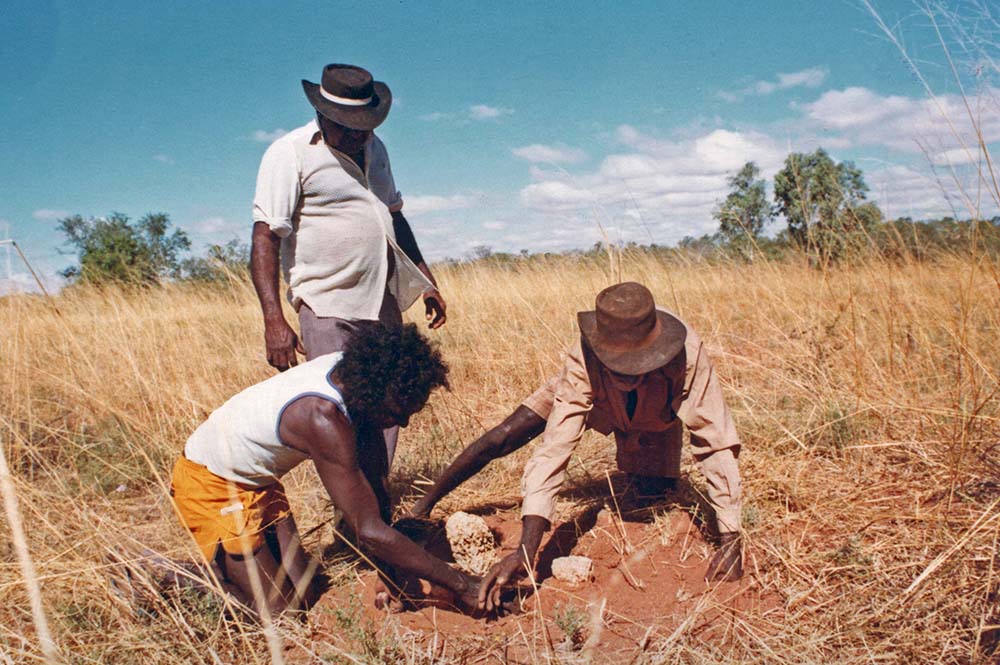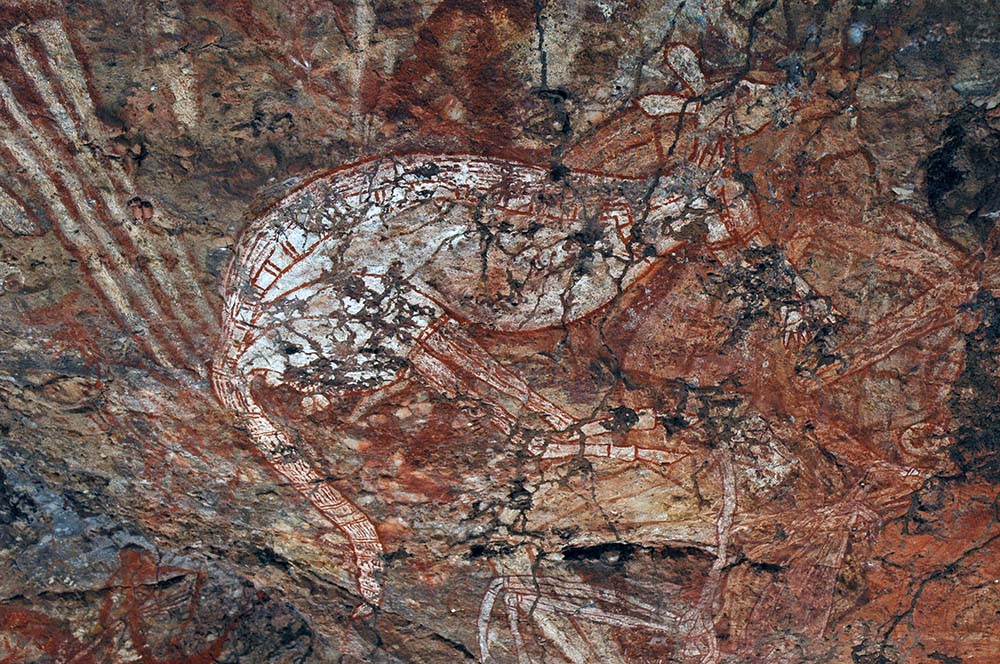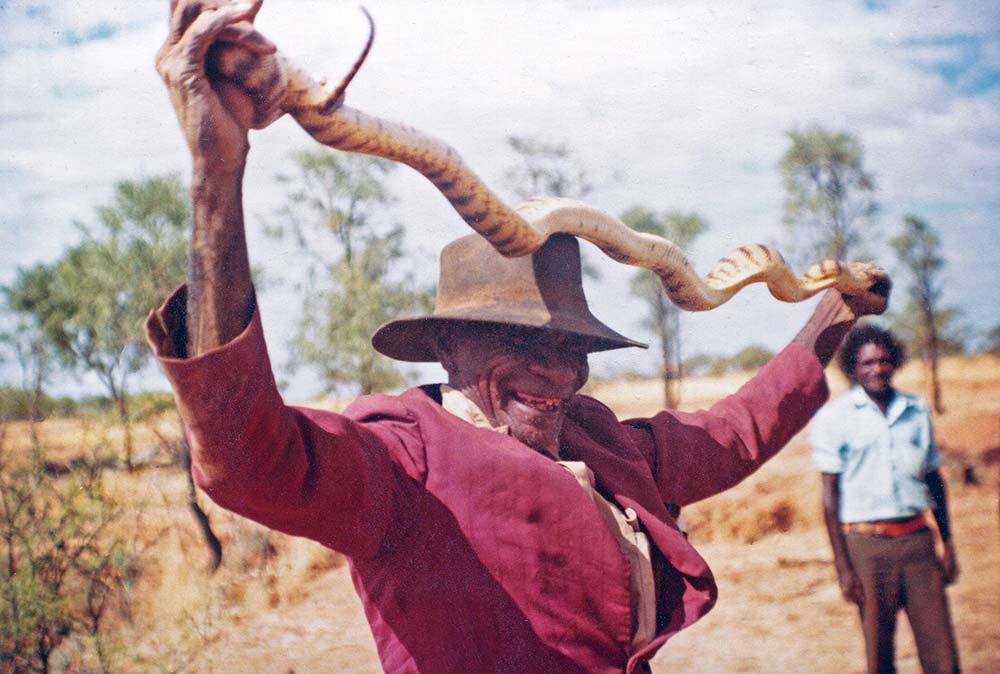Aboriginal Culture
I have always been fascinated by indigenous cultures: as a boy, the Native Americans, and as a young man, the Polynesian and Melanesian societies. My interest in Aboriginal culture developed during the 1979-80 Noonkanbah dispute, when the Aboriginal community on Noonkanbah Station in northern WA, refused access for oil exploration companies, including Whitestone Petroleum, for whom I worked. Thinking - naively, as it turned out - that a better understanding of the Community’s concern would help us find a solution I set out to learn about Aboriginal culture in general and in the Kimberley region in particular. It proved to be an ongoing intellectual journey that has greatly influenced my life and thinking.
In the 1980s and ‘90s I was involved in access negotiations with Aboriginal communities and site mapping. I also served on industry committees dealing with Aboriginal land issues and wrote several guidebooks for industry on the new land access procedures.
I have been increasingly concerned by the popular acceptance of a very romanticised view of traditional Aboriginal life. The harsh realities of hunter-gatherer life have been re-imagined into a ‘new age’ idyll, with tribes living in peace and harmony with Mother nature and each other. The corollary of this misdirection– that all problems and disadvantage in Aboriginal communities can be attributed to the ‘colonial invaders’ and their descendants–is a dangerous myth because of its assumption that neither fault nor remedy lies with self. Truth-telling is needed not just about colonial practices but about pre-colonial Aboriginal practices.
Several articles addressing these concerns have been published and are attached. The views are not politically correct, but they are well-intentioned, and will, I hope, be useful.
Attachments
Working with Aboriginal Communities - A Guidebook, 1996. — 1.7 MB PDF File DownloadThe Curse of Identity, Quadrant, Oct. 2019. — 1.1 MB PDF File Download
The Corrupting Myths of Indigenous Origins, Quadrant, Jul. 2023. — 736.7 KB PDF File Download
The Corrupting Myths of Indigenous Origins, Quadrant, Jul. 2023. With References. — 385.6 KB PDF File Download
The Art of the Sacred and the Spurious, Quadrant Online, 17 July 2023, 8 pp. — 4.7 MB PDF File Download
Secular Thoughts on Sacred Sites, Quadrant Online, August 2023. — 572.8 KB PDF File Download
The Ruse of Tradition, Quadrant Online, August 2023 — 716.7 KB PDF File Download



